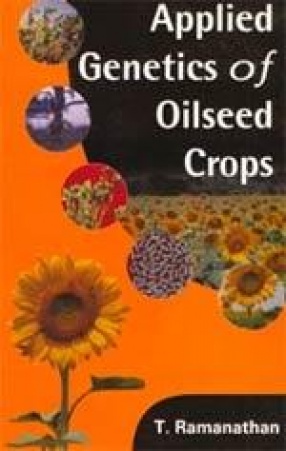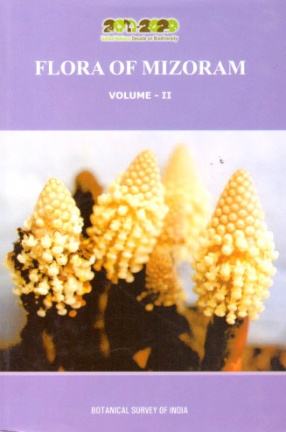Subtotal: $7.20
Physiology of Abiotic Stress in Plants
In stock
Free & Quick Delivery Worldwide
Human being is reformer and destructor of himself and the society. With the advancement in human civilization and consequent progress in industrialization and space, geological and geohydrological technologies, thermal/hydro power generation, water conservation/management technologies and increasing use/demand of nuclear and fossil fuel, the environmental conditions are changing and posing new problems to all living creatures including plant kingdom. Consequently, the domains of atmospheric, edaphic, biotic and abiotic impediments are expanding. All these components determine the distribution of natural and man made vegetation, their survival and propagation. In agricultural systems, even if conditions tend to be optimized, the effect of abiotic stresses resulting from changes in the physico-chemical environment is reflected at quantitative and qualitative levels. To cope up with changing environmental conditions, there is dire need of developing and introducing new plant type ingrained with either of the character viz. xerophytes, hydrophytes, acidophobes and acidophiles; calcifuges and calcicoles; halophytes and glycophytes and metallophytes (adapted to met alliferous soils). Besides this, there is need to solve few new threats viz. depletion of ozone layer, high risk of exposure to U.V. and far-ed radiation, environmental warming, increasing soil salinity, pollution of drinking and under ground water and production of toxic chemicals contaminated food materials, which were not visible till 1960. Monitoring of above ground levels of ozone layer higher than those allowed are also becoming increasingly frequent. Thus, a greater understanding of environmental stress problems is essential to biologists, agricultural scientists and agro-and biotechnologists.
Bibliographic information
Title
Physiology of Abiotic Stress in Plants
Author
Edition
1st ed.
Publisher
ISBN
8177542478
Length
xii+354p.
Subjects

 Embracing Heaven and Earth: The Liberation Teachings for Enlightenment
Embracing Heaven and Earth: The Liberation Teachings for Enlightenment 



There are no reviews yet.